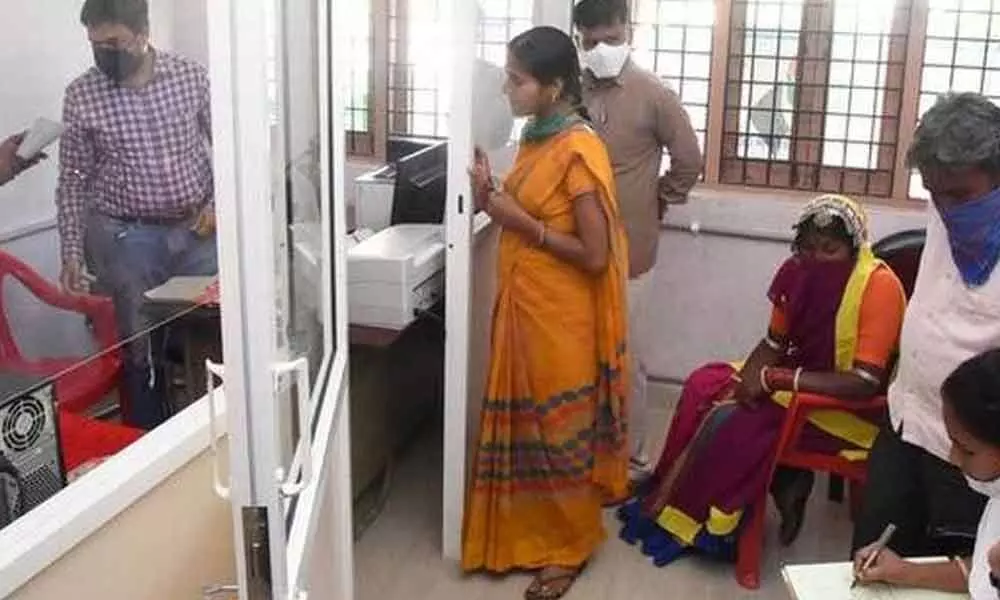Tamil Nadu Is Opposed To DBT-Based Subsidy Payments

Picture used for representational purposes only
- For four years, from 2021-22 to 2024-25, the States implementing the package will be allocated an additional borrowing space of nearly half a percent of their GSDP.
- If DBT is implemented, it will favour residential property owners significantly, keeping tenants out.
Tamil Nadu continues to resist direct benefit transfer (DBT) payments to consumers and the privatisation of the electricity distribution utility.
DBT and privatisation, on the other hand, are part of the requirements set by the Centre as part of its package of power sector reforms. For four years, from 2021-22 to 2024-25, the States implementing the package will be allocated an additional borrowing space of nearly half a percent of their GSDP.
As per sources in the State administration, the policy may not benefit a significant number of eligible customers, in addition to raising concern among some sections that DBT may result in subsidy withdrawal. In the domestic category, for example, tenants have access to thousands of connections in practise. If DBT is implemented, it will favour residential property owners significantly, keeping tenants out.
However, under the benchmark of DBT subsidy payment, those States which do not offer any subsidy for agricultural connections would be granted full marks of 20 under the performance criteria established in the package. The current government, including the previous AIADMK government, is opposed to eliminating the farmer subsidy. Furthermore, successive governments have been hostile to the privatisation of the distribution utility, and this position has not changed.
The State is prepared to carry forward the other reforms if these requirements are met. According to the sources, it has pledged to meet all entry-level requirements for the current year, the majority of which had previously been met. The State's request is for 0.35 percent of GSDP, or 0.35 percent.
The State's request, which calls for a 0.35 percent increase in the GSDP, is awaiting approval from the Union Finance Ministry. The State will be able to borrow an additional 7,000 crore if this succeeds.
Among the required policy changes and performance benchmarks are gradual agreement of accountability by states for losses of public sector distribution companies (DISCOMs), transparency in the disclosures of the power sector's financial affairs, which include payment of subsidies and documenting of State governments' and DISCOMs' liabilities to everyone else; and timely reimagining of financial and energy accts and prompt audit.
Meanwhile, a senior official in the Union Finance Ministry, the Centre has so far permitted two states including Rajasthan and Andhra Pradesh to borrow more money to carry out the reforms. Rajasthan has been given permission to borrow $5,186 crore, while Andhra Pradesh has been given permission to borrow $2,123 crore.
Next Story








